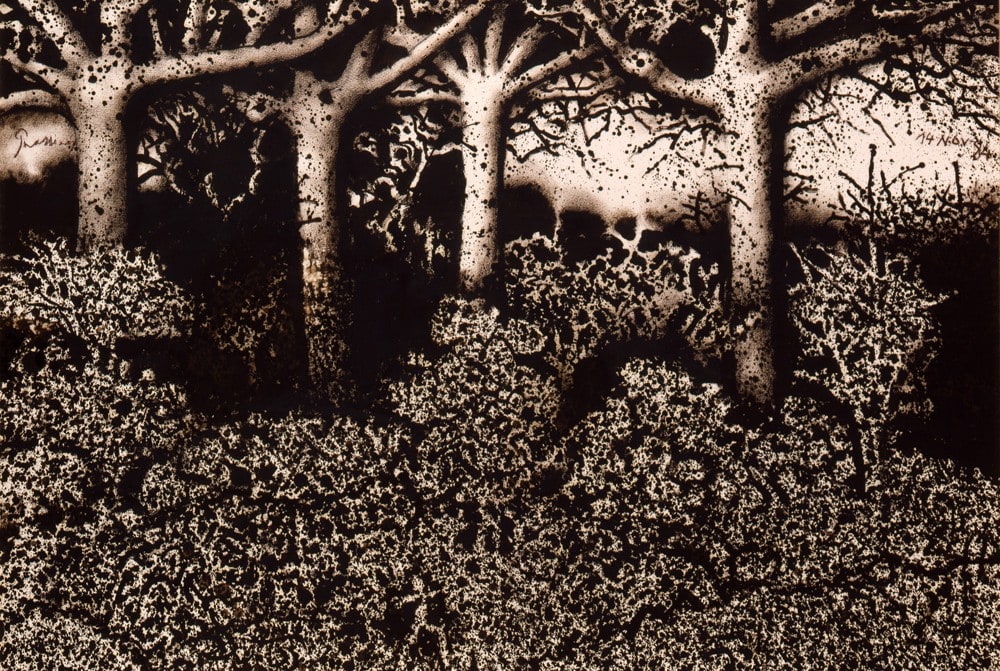Director: Ali Hamroyev
USSR, Uzbekistan, 1972, 84’, color
Cast: Suimenkul Chokmorov, Dilorom Kambarova, Bolot Bejshenaliyev, Talgat Nigmatulin, Melis Abzalov
Russian with Turkish subtitles
Sergio Leone's westerns were very popular in the Soviet Union, where they inspired a series of "Red Westerns" (aka "Eastern Westerns" and "Sov-Easterns") often set during the Basmachi Revolt of the 1920s, which pitted Islamic traditionalists against Communist reformers in Central Asia. Co-scripted by Andrei Konchalovsky, The Seventh Bullet centers on Maxumov, a Red Army officer whose men are persuaded to switch sides by the charismatic Basmachi leader Khairulla. In a daring move, Maxumov allows himself to be captured and brought to Khairulla's stronghold, where he struggles to regain the hearts and minds of his apostate soldiers. The ideological battles (presented with remarkable ambiguity) are matched by slam-bang shootouts and chases.

Pera Museum Blog is launching a new series of creepy stories in collaboration with Turkey’s Fantasy and Science Fiction Arts Association (FABISAD). The Association’s member writers are presenting newly commissioned short horror stories inspired by the artworks of Mario Prassinos as part of the Museum’s In Pursuit of an Artist: Istanbul-Paris-Istanbul exhibition. The third story is by Murat Başekim! The stories will be published online throughout the exhibition. Stay tuned!
Tuesday - Saturday 10:00 - 19:00
Friday 10:00 - 22:00
Sunday 12:00 - 18:00
The museum is closed on Mondays.
On Wednesdays, the students can
visit the museum free of admission.
Full ticket: 300 TL
Discounted: 150 TL
Groups: 200 TL (minimum 10 people)